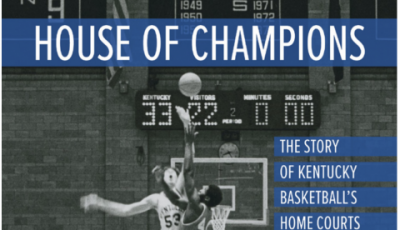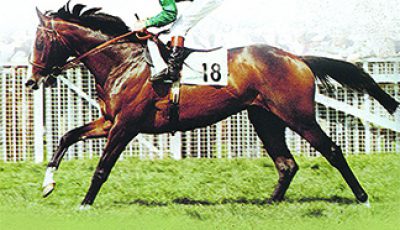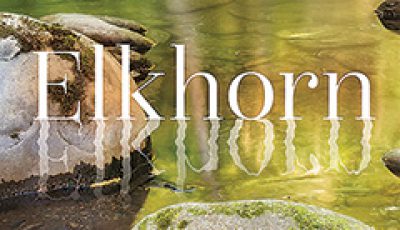Former UK baseballer’s book of poetry serves as a beautiful homage to one of the sport’s all-time greats
 If you are a casual baseball fan, then you may or may not know the name Josh Gibson. He is considered by many historians to be one of the best catchers that the game has ever seen, but the fact that he spent his career in the Negro League means that many “best of” lists will not include his name.
If you are a casual baseball fan, then you may or may not know the name Josh Gibson. He is considered by many historians to be one of the best catchers that the game has ever seen, but the fact that he spent his career in the Negro League means that many “best of” lists will not include his name.
Once you learn more about Gibson’s accomplishments in baseball you begin to truly understand what a travesty this is. Unfortunately, his is just one of many examples of black players not getting the recognition that they deserve because they had the misfortune of living during a time when segregation kept them out of the major leagues, and forced many into total obscurity.
The fact that Gibson is still remembered for his contributions on the baseball diamond in modern times is a testament to just how talented he was, and a new book of poetry, titled Pretend the Ball is Named Jim Crow: The Story of Josh Gibson, does a fantastic job of illustrating the many incredible reasons why he continues to inspire people, not just baseball players, to this very day.
The book, written by former University of Kentucky baseball player Dorian Hairston, read just like a biography, but in poetry form. It serves as a beautiful snapshot of a brutal period in our country’s history, and how one man struggled through terrible hardships in order to become a legend in the sport, against all odds.
The poems found in this book do not hold back when addressing topics of racism and segregation, and all of the evils that they wrought both in sports and the world-at-large. One excerpt, from a poem entitled The Original Dodgers, states:
we done dodged balls for centuries
rent, lynch mobs, overseers, slave catchers,
waded through fixed elections, and rivers,
done outrun horses and bloodhouds,
even dodged some bullets a few times.
but here soon we might just turn ourselves into
Josh Gibson and america will find us in a 2-0 county
standing with a straight spine
inside the batter’s box
towering over the plate
waiting for they next pitch
waiting for they next mistake
and we guarantee it won’t come back.
Other poems in the book take an intimate look at some of the life-changing events that happened to Gibson off the field, such as the tragedy of losing his wife, Helen, who died while giving birth to their twins, also named Josh and Helen, after their parents. Night Visions is a poem written from the perspective of Josh Jr., and in it Hairston explores the idea of Gibson’s young son fearing that his father resents him and his sister for the fact that their mother did not survive giving birth to them.
The struggle to maintain faith in such a cruel and unforgiving world is also addressed in the pages of Hairston’s book, but one thing is always good, always true, and always pure – baseball.
An excerpt from the poem West Field describes what the feeling of seeing Negro League athletes in action was like, saying:
some folk say Black Ball
ain’t baseball
and they right.
when a man save up all week
to drop his last copper
to come see us play
it become more than a game.
Hairston describes a powerful scene in the poem Outfield Cot, which is written from the perspective of Gibson himself and talks about sleeping in the grass of the outfield at the baseball stadium after a local innkeeper has turned the team away because of “all the black on our faces that they don’t want to rub off on they pillow cases.”
Poems like The Base Watch, Late-Night Ritual and My First Slump really drive home Gibson’s love for the game, and insinuate an almost religious approach to it. No doubt, he was a fierce competitor who lived for getting into the heads of batters while taunting them from his catcher’s position, or for the feeling of the ball cracking off the barrel of his expertly-swung bat.
Surely, Gibson attacked the ball the way that he wished he could attack the people who kept him oppressed, or the fates that unjustly took his wife away from him. Hence the title, Pretend the Ball is Named Named Jim Crow, I suppose.
Hairston ends his book with a personal poem titled The Walk Off, or “I Visit Josh’s Grave.” The poem is both inspiring and heartbreaking, as the author recognizes Gibson’s greatness while also lamenting the fact that he will never get the opportunity to stand in the presence of his hero.
With a new baseball season upon us, it is good to think back on the many names who have come before and helped to lay the groundwork for what the game has morphed into today. That list is long, indeed, but after reading Dorian Hairston’s new book of poetry you will agree that the name of Josh Gibson should always be included.
For more information, visit the University Press of Kentucky’s online catalog for Spring 2024 at www.kentuckypress.com/catalog.







